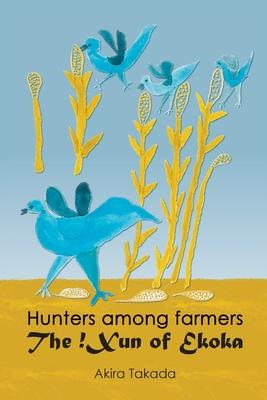Through moving life histories, Akira Takada gives the !Xun of north-central Namibia a voice in their own history. In contrast to other marginalised San minorities, the !Xun foster co-operative relationships with their neighbours, the Ovawambo and with the state. In the face of radical social changes over the past century, they have maintained traditional hunting and gathering as a backstop but also sold their skills and labour, acquired their own farms and livestock, and enriched their child-rearing practices in changing ecological conditions. Central to their identity and resilience are their kinship and naming practices which preserve their ethnic cohesion while promoting relationships with other groups. Contributing to an established literature on the San, Takada's book will allow detailed regional comparison on the !Kung-speaking groups of northern Namibia. Charming sketches from his notebooks give an intimate view of the anthropologist in the field.

Through moving life histories, Akira Takada gives the !Xun of north-central Namibia a voice in their own history. In contrast to other marginalised San minorities, the !Xun foster co-operative relationships with their neighbours, the Ovawambo and with the state. In the face of radical social changes over the past century, they have maintained traditional hunting and gathering as a backstop but also sold their skills and labour, acquired their own farms and livestock, and enriched their child-rearing practices in changing ecological conditions. Central to their identity and resilience are their kinship and naming practices which preserve their ethnic cohesion while promoting relationships with other groups. Contributing to an established literature on the San, Takada's book will allow detailed regional comparison on the !Kung-speaking groups of northern Namibia. Charming sketches from his notebooks give an intimate view of the anthropologist in the field.